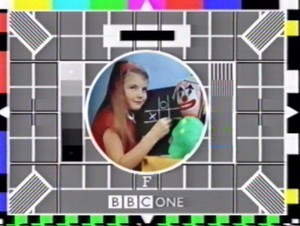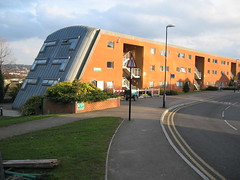I'm thinking again about how things have changed since I started the course, because it isn't just that all my senses seem more open than before.
It takes far longer to read anything: I become more deeply immersed, wrapped up not only in the plot and the characters, but in the writing itself. This has happened to me before, in fact it's what inspiring writing is for me: I keep being brought up short by the sheer power of the words. One of the best examples is in Philip Pullman’s
Northern Lights. Will loses several fingers in a knife fight, they fall to the floor and he sees them lying there, ’like an apostrophe’. I had to put the book down for a few minutes to recover from the horror of the image.
Sylvia Plath writes like this too. No description of insomnia ever matched this one for me:
The night is only a sort of carbon paper,
Blueblack, with the much-poked periods of stars
Letting in the light, peephole after peephole --
A bonewhite light, like death, behind all things.
Under the eyes of the stars and the moon's rictus
He suffers his desert pillow, sleeplessness
Stretching its fine, irritating sand in all directions.
(
whole poem)
The new experience is that I'm slower at reading all kinds of writing, because I'm taking it to bits, thinking about why it's bad, or what makes it powerful, exciting, or emotional.
It extends to every media. Last night I watched two episodes of
'Life on Mars', the story of a policeman who is run down and apparently transported to 1973 (or is he really in a coma back in his own time and imagining it all?)
<
Aside: can you believe that Wikipedia has
an entry for this already!?>
As I was watching the scene where the testcard girl leaves the screen to harrass him, I couldn't help thinking I could really see how you might get to this plot from clustering/ freewriting about the 1970s!






